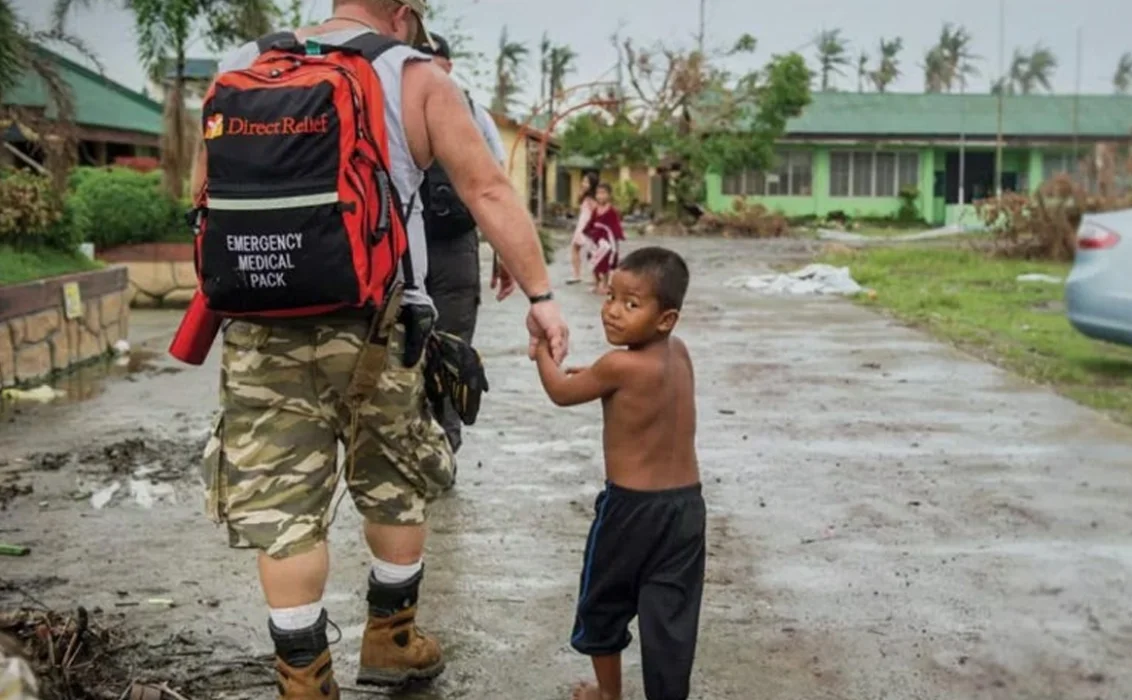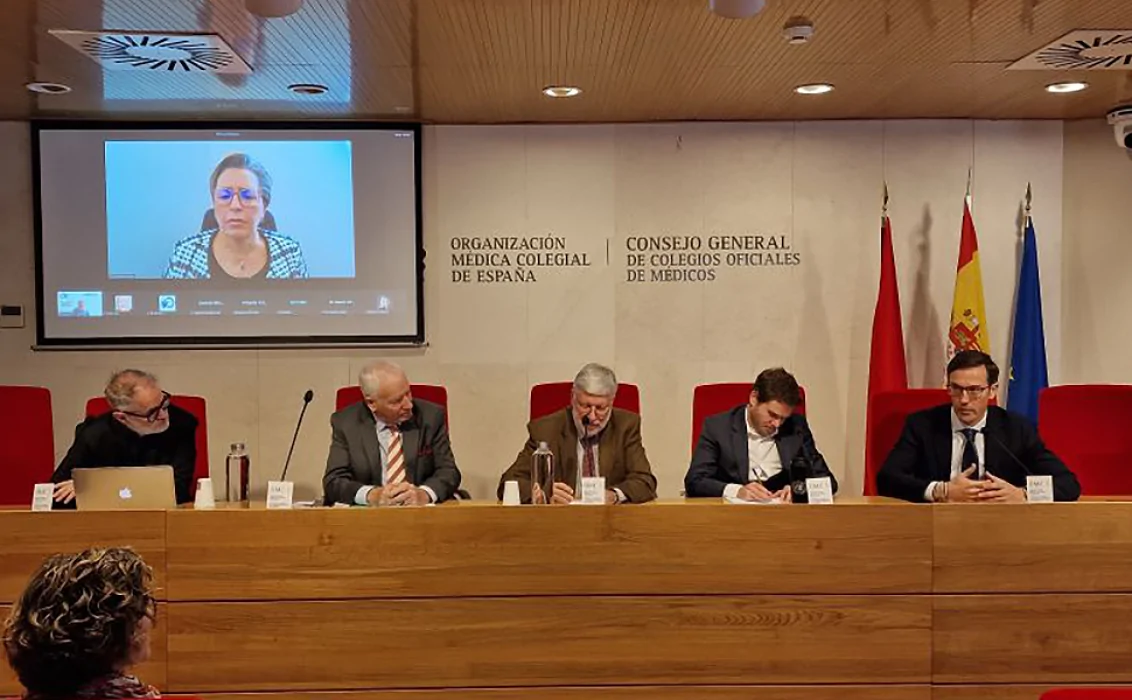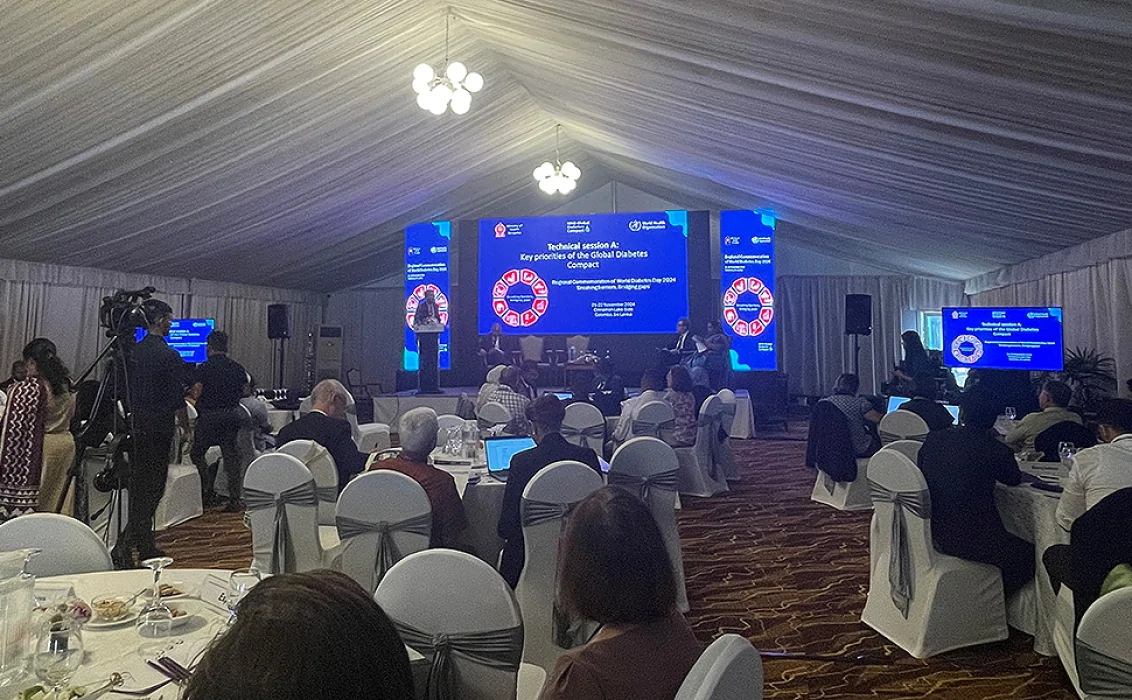The International Diabetes Federation (IDF) and Direct Relief have announced an expanded partnership to provide donated diabetes medicines and related supplies to people with diabetes in countries whose healthcare systems have been disrupted by natural disasters or other crises.
Insulin, delivery devices, blood glucose monitoring equipment, and other oral therapies in these countries are often unavailable or unaffordable to people who need them. The partnership is focused on facilitating donations of medicine and supplies from global pharmaceutical and medical technology manufacturers and delivering them to those in need.
The IDF-Direct Relief Global Diabetes Partnership builds on the organizations’ joint effort to encourage manufacturers to donate type 2 diabetes-related medical products to the partnership for delivery and humanitarian use in countries experiencing crises. Since that time, tens of millions of tablets of diabetes medications, over one million vials of insulin, and diabetes-related consumables from a number of companies have been provided by the partnership to local partners in several countries around the world experiencing crises.
Diabetes is one of the world’s fastest-growing non-communicable diseases. According to the latest IDF Diabetes Atlas, 463 million people worldwide had diabetes in 2019, a 62% increase since 2009. Diabetes has emerged as a significant contributor to death and disability worldwide, responsible for 4.2 million deaths in 2019. Health complications related to diabetes can be minimized or eliminated through access to essential medicines and proper care. Unfortunately, these medicines and healthcare resources are often unavailable or unaffordable in countries experiencing natural disasters or other crises.
Request for Collaboration
IDF and Direct Relief invite healthcare companies that manufacture diabetes-related medicines, enabling technologies, and diagnostic products to support this program with consistent donations of their products to help people with diabetes in countries where these goods are unavailable or unaffordable.
Merck KGaA, Darmstadt, Germany, has donated 10 million doses of its Glucophage® medicine for type 2 diabetes, plus over 2.5 million doses of its hypertension medicine Concor®, as some people with type 2 diabetes also have hypertension.
Novo Nordisk A/S is also donating insulin to Direct Relief to support countries in crisis. The company has provided 1.5 million vials of insulin to Direct Relief over the past year and has committed to participate in a pilot produce-to-give access program in which Novo Nordisk will manufacture insulin for the initiative.
“People with diabetes need uninterrupted access to medicines and care. Caring for diabetes becomes even more difficult when disaster strikes, and people are forced to flee. In these difficult circumstances, people with diabetes often struggle to manage their condition and are at increased risk of life-threatening complications. All too often, diabetes care is overlooked in the humanitarian response. As we mark the centenary of the life-saving discovery of insulin, we are proud to expand our collaboration with Direct Relief to help ensure that no person with diabetes is left behind,” said Prof. Andrew Boulton, President, International Diabetes Federation.
IDF and Direct Relief have a 10-year history of collaboration. The partnership began with the Life for a Child Program, now run by Australia’s Diabetes NSW & ACT, which provides access to life-sustaining medication and supplies for over 21,000 underserved children and young adults with type 1 diabetes in 42 countries. This program has enabled children with type 1 diabetes in some of the world’s poorest countries to gain access to the medical products and education that sustain their lives.
In 2020, Direct Relief provided diabetes products valued at hundreds of millions of dollars to underserved people with diabetes who were affected by disasters and emergencies in over 60 countries worldwide. Direct Relief works closely with the three global insulin manufacturers and is now one of the world’s largest humanitarian insulin providers. Direct Relief’s headquarters’ distribution center is significantly expanding its refrigeration capacity to store cold-chain medicines (up to 900 pallets spaces of product), allowing increased support to people who require cold-chain therapies for diabetes cancer, hemophilia, rare diseases, and other conditions.
“Direct Relief’s collaboration with IDF reflects our strategy of forging public-private partnerships for tackling public health problems, with international and national organizations that identify issues and provide advocacy, pharmaceutical partners that provide donated medicine, and Direct Relief’s own supply chain capability to receive and distribute donated medicine,” said Direct Relief President and CEO Thomas Tighe.
“Providing access to insulin for vulnerable population groups is a key priority in our Defeat Diabetes Social Responsibility Strategy and we therefore welcome this collaboration between our partners Direct Relief and IDF – aimed at serving crisis-affected people struggling to access the medicine they need,” explains the Novo Nordisk CVP of Global Public Affairs & Sustainability, Katrine Luise DiBona.
“Improving the lives of patients, especially those patients who have difficulties when it comes to access to healthcare, is at the heart of what we aim to do every day,” said Andre Musto, Senior Vice President, Head of Cardiovascular Metabolism & Endocrinology Franchise at Merck KGaA, Darmstadt, Germany. “We are proud to partner with Direct Relief who share our commitment.”



